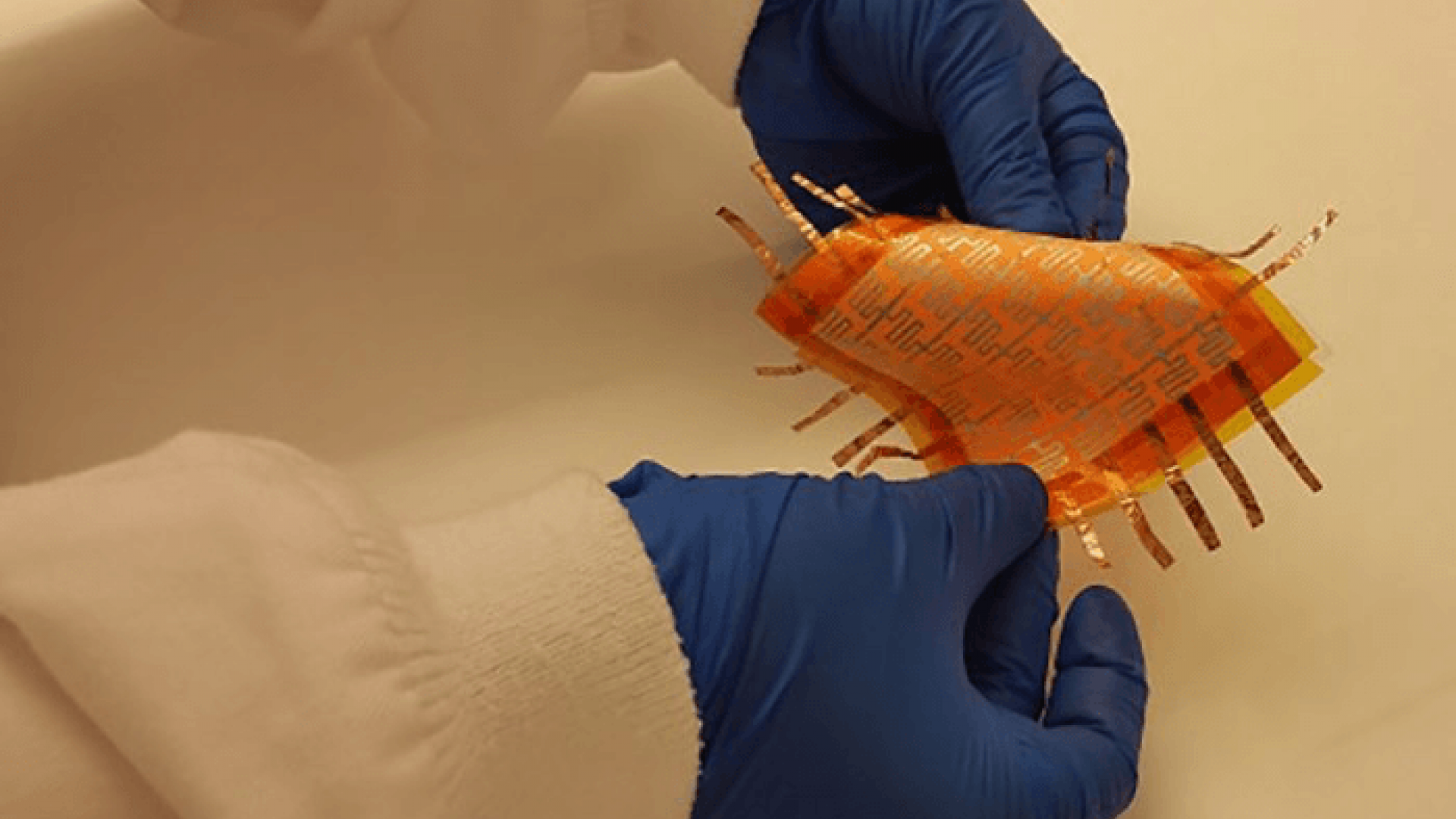According to the World Bank Group, the overall higher education environment has recently undergone a massive diversification due to the widespread application of IT technology to learning. For the past two decades, many top universities in America and Europe have been investing in different digital learning models, with Asian and African universities on their way to rapidly close the gap. Now, after almost 20 years of hands-on experience, and with e-learning technologies reaching commercial maturity, it is reasonable to expect a global boom in distance learning coming down the pipe, thanks in particular to the diffusion of cheaper technologies such as smartphones and tablets.
At graduate level, distance learning offers several benefits. Students have the opportunity to engage with didactic materials and approaches profoundly different from their customary ones, and to interact with fellow students in a multicultural environment. From a financial perspective, distance learning broadens the students’ horizon making top-international teaching accessible without the expenses connected to relocation. For sure distance learning won’t take over campus life, but it’s definitely here to stay.
The King Abdullaziz University of Science and Technology (KAUST), hitting this year its tenth anniversary, is already making a mark in this space.
KAUST’s first involvement in distance learning took place in 2017, in the Computer Electrical and Mathematical Sciences and Engineering Division (CEMSE). CEMSE and Blue Waters Online Course co-produced a MOOC on High-Performance Computing featuring Professor David Keyes, Director of the Extreme Computational Research Center of KAUST.
Two years later, Muhammad Hussain, a professor of the CEMSE Electric Engineering Program, is taking the game one step farther by deploying an e-learning tool entirely KAUST-based: the first online platform for distance learning on semiconductor fabrication.
The vFabLab™ platform, short for Virtual Fabrication Lab, will be presented on April 24th during a webinar organized and hosted by the IEEE Electron Devices Society.
“I was inspired by the vision to provide access to thousands of students and other enthusiasts who do not have access to expensive cleanroom facilities,” said Dr. Muhammad Mustafa Hussain, “for this reason I conceptualized and devised this virtual laboratory.”
vFabLab™ is an online-based virtual environment, which is designed to help training on semiconductor device fabrication processes and associated CMOS technology equipment before accessing the cleanroom facilities in person. The virtual lab trains the users in end-to-end device fabrication sequence using well-tested process protocols. After each of the training exercises, the trainees can participate in an interactive Q&A session.
“While electronics technology is at the heart of today’s digital world, electronics manufacturing requires high-tech skills that, as of today, are acquirable only accessing expensive clean room facilities,” argued Hussain “and this is why this type of training is unavailable to thousands of students around the world. vFabLab™ intends to provide the crucial element missing in online education: experimental module through labs.”
Professor Elmootazbellah N. Elnozahy, Dean of CEMSE also commented on the initiative “The virtual fab is an exciting idea to take a branch of science that has always been gated by the availability of an expensive lab, and make it accessible to students worldwide via the Internet, no matter how rich or poor their institutions are. At KAUST, we are trying to take this concept to the farthest, thereby sharing our infrastructure with the world."
Interested users need to register for an account after watching an introductory video and can access the full version without any fees. http://vfablab.org
